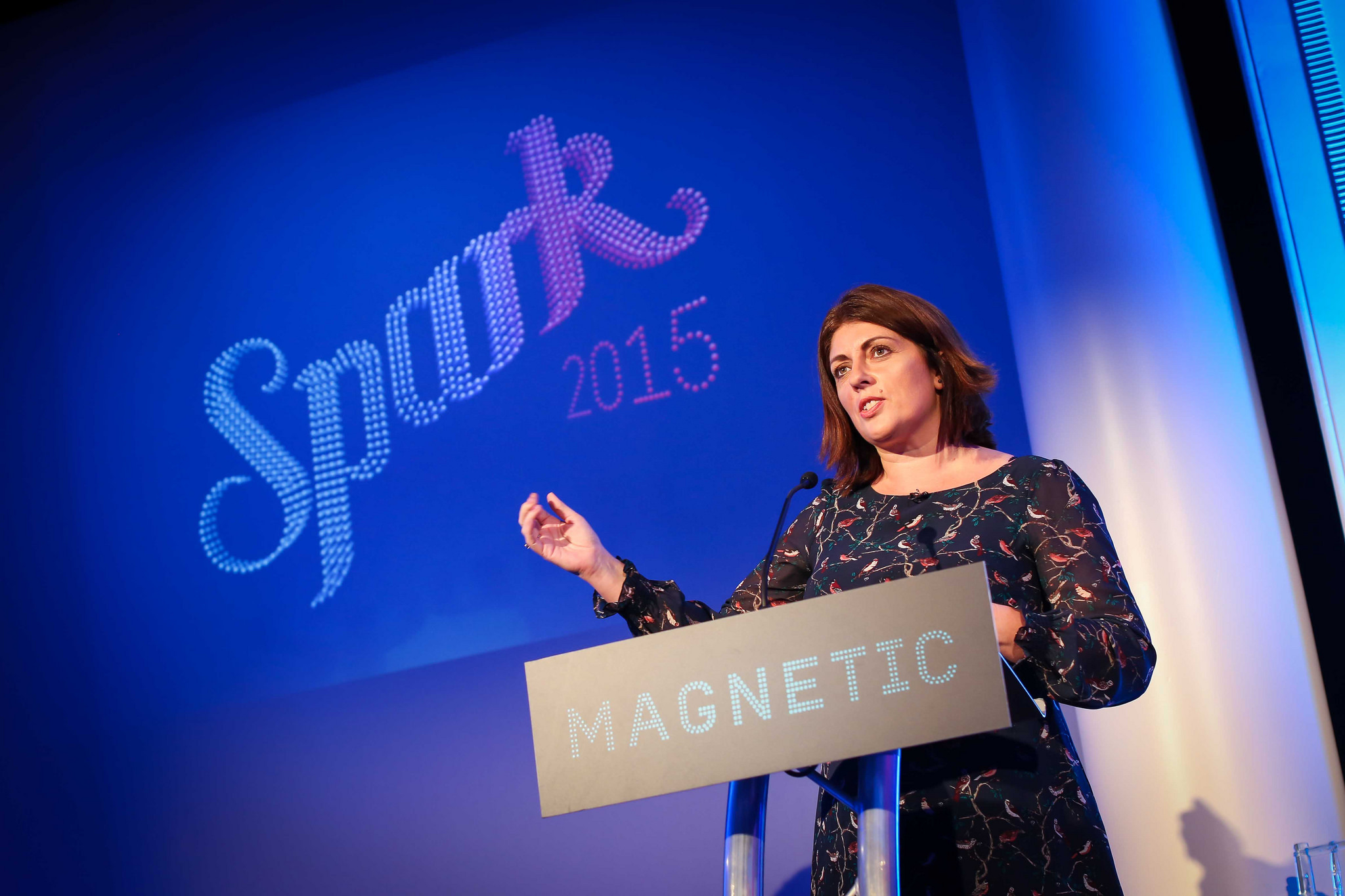Emotional connections will save brands from ‘climate change’ catastrophe
Last week’s SPARK event explored the role of magazine media within a world of reducing attention spans and overwhelming content, writes Magnetic CEO Sue Todd.
On reflection, it seems fair to say that Sue Elms, EVP of global brands at Millward Brown, set things alight with her keynote presentation, ‘Advertising Receptivity: An Inconvenient Truth’. As I wrote in last week’s Campaign, Sue’s argument presents some tough themes for our industry – principally that the issue of consumer attention
and receptivity to advertising is fast becoming our own climate change debate. “People are less receptive to advertising and it’s our fault,” was Sue’s blunt assessment.
Advertising Effectiveness
Her argument, backed by global research from Millward Brown, was that the advertising industry has created a cycle of “shouting louder” and “more clutter” that is “destroying the environment for advertising effectiveness.” This destruction has been accelerated by low online response rates that, instead of prompting advertisers to re-evaluate their models, have driven even harder targeting of audiences.
This is especially damaging in light of the global research that showed people are far more receptive to advertising when they feel that they have “control” of the message. An experience that is now all too rare for people in a confusing world of commercial clutter.
Mentally Closed
The presentation identified that, by 2018, “half the UK will be mentally closed to advertising and at least a third physically closed online”.
“Brands can’t ignore the ‘adblockalypse’”, Sue said to neatly describe the recent rise in disgruntled audiences turning to ad blockers to declutter their online environments.
Thankfully, there are solutions to this problem.
Solutions that bring the role of magazine media to the fore and which were outlined by Sue and then discussed in greater length during a lively panel discussion hosted by industry commentator Dominic Mills.
Strong Emotional Connection
Sue talked about creating a value exchange with audiences and argued that building “a strong emotional connection” is the most important factor for brands, making “advertising easier” and also helping to create brands that command a bigger price premium.
The panel highlighted that publishers are part of the solution in preventing the “extinction moment” of advertising effectiveness.
Marcus Rich, the chief executive of Time Inc UK, cited a recent Goldman Sachs report to show that publishers offering “differentiated content” will be successful in future.
Douglas McCabe, the chief executive of Enders Analysis, argued that the opportunity for publishers lies in becoming more like retailers, helping advertisers by providing a “seamless” service across their platforms.
This will be especially powerful as brands look, in the words of Bob Wootton, the director of media & advertising at ISBA, to address “forces in the value chain” that are reducing the impact of advertising.
Moments That Matter
Earlier at SPARK, Magnetic unveiled its own study, ‘Moments that Matter’.
Inspired by the work of Professor Paul Dolan, an expert on happiness, the research revealed that the majority of magazine moments meet a reader’s desire for “reward” or ‘information”, creating experiences that reduce anxiety and increase well-being.
Mark Creighton, the chief operating officer at Dentsu Aegis Network UK, picked up on this point. He argued that magazine publishers provide “valuable experiences” and should do more to celebrate this as advertisers look to reverse the decline in receptivity.
While SPARK started this celebration, alongside some serious consideration of magazine media’s role in the advertising landscape, there will be much more to come from Magnetic on building emotional connections between brands and audiences.


